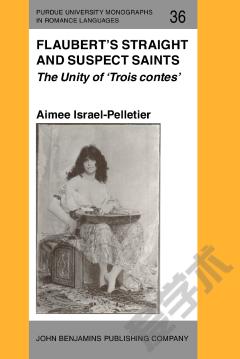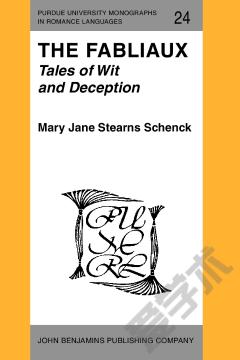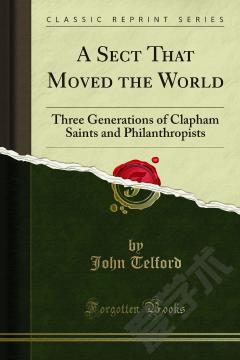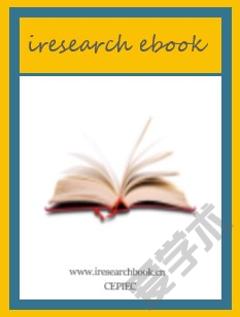Flaubert's Straight and Suspect Saints. The Unity of 'Trois contes'.
Israel Pelletier argues that Trois contes demands a different kind of reading which distinguishes it from Madame Bovary and other Flaubert texts. By the time he wrote this late work, Flaubert's attitude toward his characters and the role of fiction had changed to accommodate different social, political, and literary pressures. He constructed two opposing levels of meaning for each of the stories, straight and ironic, which produced a more fruitful way of addressing some of his concerns and assumptions about langauge and illusion. Included in this study are a provocative feminist reading of Un Coeur, an assessment of Saint Julien as Flaubert's attempt to come to terms with his originality as a writer, and an interpretation of Hérodias as an autobiography of the writing process.
{{comment.content}}








 京公网安备 11010802027623号
京公网安备 11010802027623号